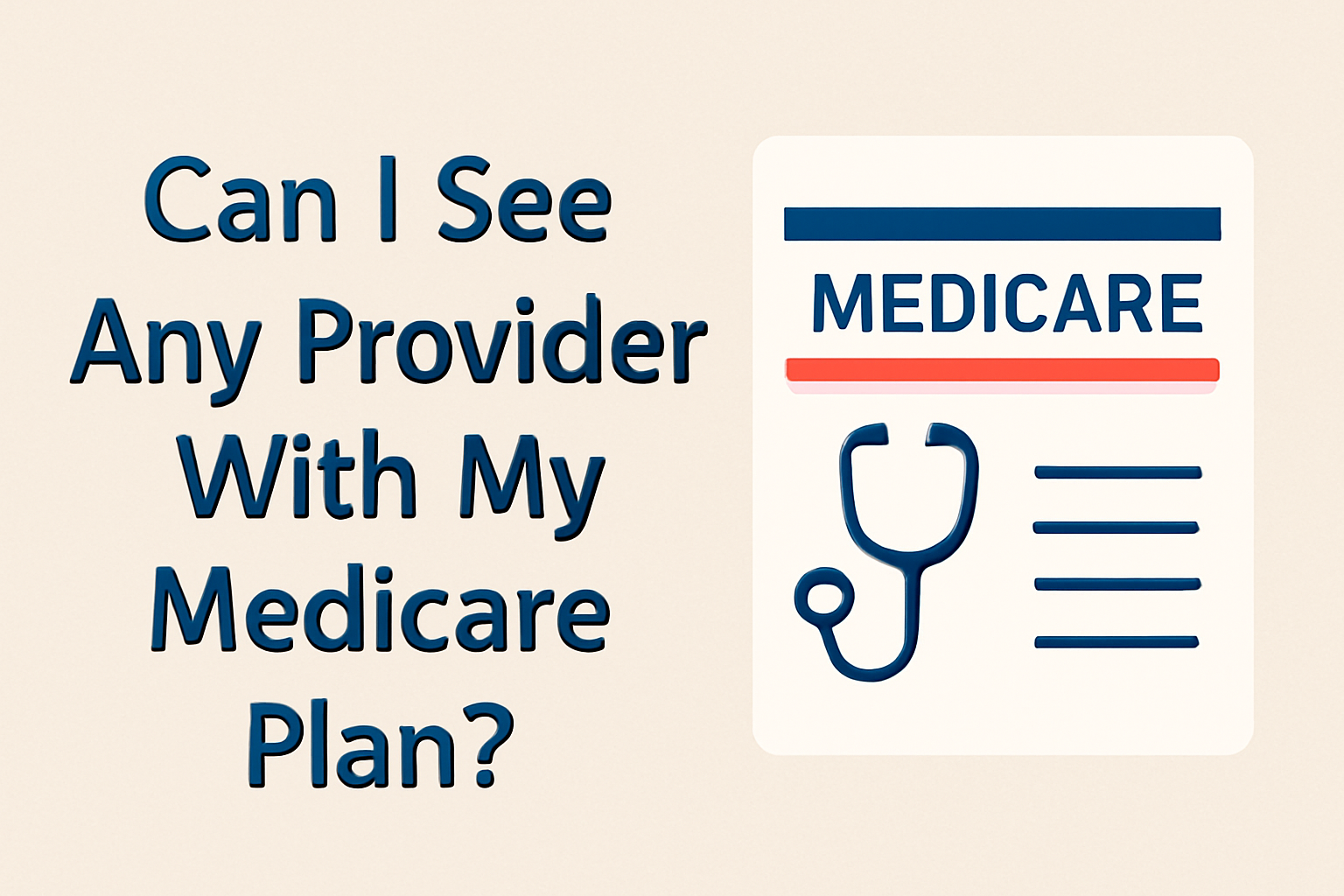How to Avoid Medicare Scams While Applying for Medicare: A Must-Read for Seniors Turning 65
Did you know that Medicare scams are on the rise—especially around age 65? If you’re approaching your Initial Enrollment Period, scammers know it too—and they’re ready to strike when your mailbox and phone start filling up with Medicare offers.
In this post, we’ll show you how to spot and avoid Medicare scams, so you can enroll with confidence and peace of mind. This guide is especially for seniors who are six months away from turning 65, and anyone helping a loved one through the Medicare process.
What Are Medicare Scams and Why Are They Increasing?
Scammers know two things:
- You’re about to make big decisions.
- You’re likely getting overwhelmed with information.
That’s the perfect opportunity for fraudsters to:
- Steal your Medicare number
- Enroll you in a plan without your consent
- Charge you or bill Medicare for services you didn’t receive
- Collect your personal or banking info
How do they do it?
- Phone calls posing as Medicare
- Unsolicited calls to sell you insurance when you never requested information
- Fake emails and mailers
- Spoofed caller IDs or local numbers
- “Too good to be true” plan offers
And unfortunately, they’re not always easy to detect—they sound professional and official.
Real Example: How One Call Almost Cost Ed $1,000
We recently worked with Ed, a 64-year-old from Florida, who received a call from someone claiming to be a Medicare representative. They offered him a free plan with $0 premiums and promised $500 in “wellness credits.”
Ed shared his Medicare number—then noticed unauthorized charges a few weeks later. He called us right away, and we helped him report the fraud and enroll in a legitimate plan that met his needs.
The worst part? The scammers knew the exact month his Initial Enrollment Period began.
How to Protect Yourself from Medicare Scams
Here’s how to stay one step ahead of the fraudsters:
✅ 1. Know Who Can Legally Contact You
- Medicare will never call you unless you request a call
- Licensed insurance agents (like our advisors) can only call you if you opt in or request information
- Never give personal information to unsolicited callers
✅ 2. Watch out for These Red Flags
- “You must act now or lose coverage”
- “We’re calling from Medicare” (Medicare doesn’t cold call)
- Requests for your Medicare number, Social Security number, or bank info
✅ 3. Use Trusted, Licensed Advisors
We work with 55+ plans across most major carriers and operate under CMS guidelines. We’ll walk you through your options, help you enroll safely, and never pressure you into a decision.
✅ 4. Shred Mailers with Personal Info
Tossing your Medicare mail in the trash? Don’t. Shred anything with your:
- Name
- Medicare number
Health or financial details
Medicare scams are sneaky, but with the right knowledge—and the right partner—you can protect yourself and make smart, secure decisions. As you prepare for your 65th birthday, don’t go at it alone.
At The Popel Insurance Group, we’ve helped thousands of seniors safely navigate Medicare with no sales pressure and no gimmicks—just clear, helpful advice.
Author




